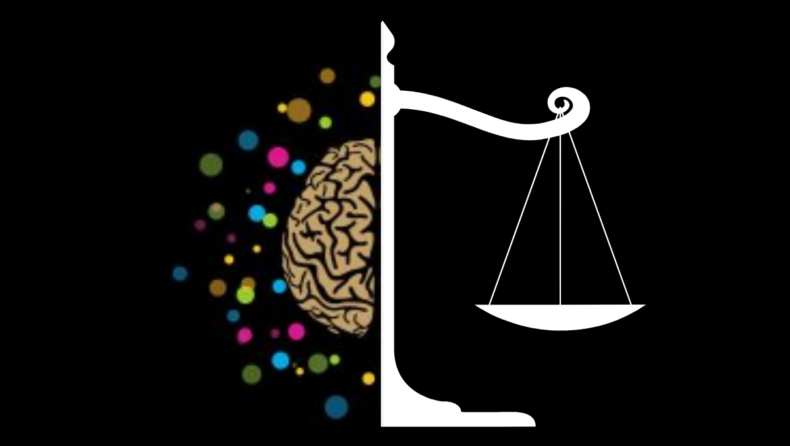Legal or Medical Insanity – the confusion over section 84 of IPC
Background:
In 1843, Daniel McNaughton took a loaded gun, pointed it at Edward Drummond and shot him, at the parish of St. Martin. It was done under the mistaken belief that he was the British Prime Minister of that time, Robert Peel.
Eventually, Drummond passed away and McNaughten was tried for murder. However, his defense was his “Insanity” and then he pleaded not guilty.
Witnesses and testimonies were gathered which were in favor of McNaughten, along with medical evidence which made it very clear that McNaughten was in the right state of mind and thus, he was let go.
In the House of Lords, a 15 member panel discussed the issue of Insanity hence, leading to the creation of a set of rules and named it “McNaughten’s Rule”.
The section 84 of Indian Penal Code deals with the issue of Insanity and the cases related to it. “McNaughten’s Rule” is used even in India for certain cases.
What The Section 84 Of The Indian Penal Code Actually Says:
The Section 84 of the IPC states:
“Act of a person of unsound mind. —Nothing is an offense which is done by a person who, at the time of doing it, has unsoundness of mind, is incapable of knowing the nature of the act, or that he is doing what is either wrong or contrary to law”.
Now this can be interpreted in two ways:
- Medical Insanity
- Legal Insanity
Medical insanity means a deranged mental state that roots from an existing condition.
Legal insanity refers to a lack of understanding or unsoundness of the mind. This prevents a person from having the mental capacity required by law to be involved in certain positions, financial transactions or relationships.
Legal insanity does not include a few important mental conditions such as partial delusions, compulsive behavior.
The distinction between the two terms was done by the Madhya Pradesh Court, Gwalior Bench which comprised of Justice G.S. Ahluwalia and Justice R.K. Shrivastava. They observed that :
- Under IPC section 84 Insanity is not exempted. Any person who is mentally unwell is not ipso facto exempted from any criminal responsibility.
- There is a difference between the two types of “Insanity”, medical and legal. If one wants to benefit from section 84 of Indian Penal Code, in that case the person who has been accused should be proven to be Legally Insane, not medically.
- Medical Insanity means that the person is not mentally fit, whereas, Legal Insanity is when the person in question has lost their power of reasoning and it has to be at the time of the occurrence of the said incident.
- The accused should be incapable of understanding the gravity of their wrongdoings.
This observation was made during the case of TUFAN @ TOFAN v/s the State of Madhya Pradesh.
In this case, the accused physically abused his parents and his wife, with a lathi. The mother died on the spot and the father was severely injured. After being found guilty on the grounds of section 302 and 307 of IPC, the accused appealed for his conviction.
The man claimed that he was undergoing therapy at the time of the incident as he was medically insane. However, the State contended that no evidence was present to corroborate that he was unable to understand the severity, nature of his deed, or that his behavior was illegal.
In a different case, the Honorable Madras High Court exonerated a man who was charged with murder with the help of the testimony given by a psychiatric expert.
With more reviews and the fact that the accused ran away after conducting his misdeed, the State dismissed his appeal.
Over here, the insanity was viewed as the Legal one.
The Legal Issue:
An issue here arises that in future, people can find loopholes as there is no framework within which forensic psychiatrist specialists can practice. They are not frequently called to the court to testify.
This could lead to the abuse of section 84 of IPC as it becomes challenging for judges to determine the mental capacities and capabilities of the accused without an expert’s opinion.
Thus, creating a confusion as mental conditions or disabilities have several stages and that has to be judged whether or not they fall under the category of “Insanity”.













